The City of West Hollywood is proudly celebrating its 40th anniversary, marking four decades as one of the most progressive and innovative municipalities in the nation. Incorporated on November 29, 1984, West Hollywood—lovingly known as “WeHo”—was founded on principles of inclusion, advocacy, and community empowerment. Today, the City commemorates this milestone by reflecting on its rich legacy of firsts, its unwavering commitment to human rights, and its continued role as a beacon of equality and creativity.
A Bold Beginning
West Hollywood’s incorporation was a grassroots triumph, uniting a diverse coalition of LGBTQ+ activists, seniors, renters, and advocates for affordable housing. This coalition shaped the City’s founding identity as a community that not only welcomed diversity, but embedded social justice and equity into the fabric of local government.
From its inception, West Hollywood has been a place where progressive values meet proactive governance. The City's first Council—composed of a majority of openly gay members—quickly established rent control ordinances that remain among the most tenant-protective in the state. These early actions set the tone for a city committed to protecting vulnerable communities.
Milestones of Progress
- First City to Declare Itself Pro-Choice: Long before Roe v. Wade faced legal threats, West Hollywood stood firmly for reproductive rights. In 1991, the City became the first municipality in the U.S. to officially declare itself pro-choice, ensuring that its policies and partnerships aligned with this fundamental belief.
- Champion of LGBTQ+ Rights: West Hollywood has been at the forefront of LGBTQ+ advocacy. It was among the first cities to offer domestic partner benefits, to ban discrimination based on gender identity, and to establish transgender-inclusive policies in municipal employment. In 2015, it was one of the first cities to fly the transgender pride flag over City Hall.
- Trailblazer in Public Health: The City was an early and vocal advocate during the AIDS crisis in the 1980s and ‘90s, funding direct services and education programs when other jurisdictions turned away. Today, it continues to lead with cutting-edge health initiatives, including safe consumption services and mental health outreach.
- Environmental Innovation: West Hollywood has implemented forward-thinking sustainability programs, such as green building standards, a robust bike-share program, and the transition of its municipal fleet to electric vehicles.
- Support for the Arts and Nightlife: As a global cultural hub, WeHo has supported artists and performers through grants, public art installations, and the preservation of historic entertainment venues. The Sunset Strip, the Rainbow District, and the Design District continue to thrive as iconic destinations for creativity and nightlife.
Celebrating 40 Years
The City is celebrated its 40th anniversary with a year-long calendar of events, featuring the arts and live music, historical exhibits, and storytelling sessions from residents who helped shape West Hollywood’s past and present.
West Hollywood has always punched above its weight. In just 1.9 square miles, we’ve changed national conversations, protected civil rights, and proven that small cities can lead big change. Our 40th anniversary was not just a time to reflect, but to renew our promise to the future.
Looking Ahead
As West Hollywood enters its fifth decade, the City remains committed to building a more inclusive, resilient, and forward-looking community. With initiatives focused on housing affordability, climate resilience, racial justice, and cultural preservation, WeHo continues to be a model for municipal leadership.
Here’s to 40 years of bold action—and the many firsts still to come.
For more information on West Hollywood’s 40th anniversary celebrations and to explore the City’s legacy, visit www.weho.org/40.
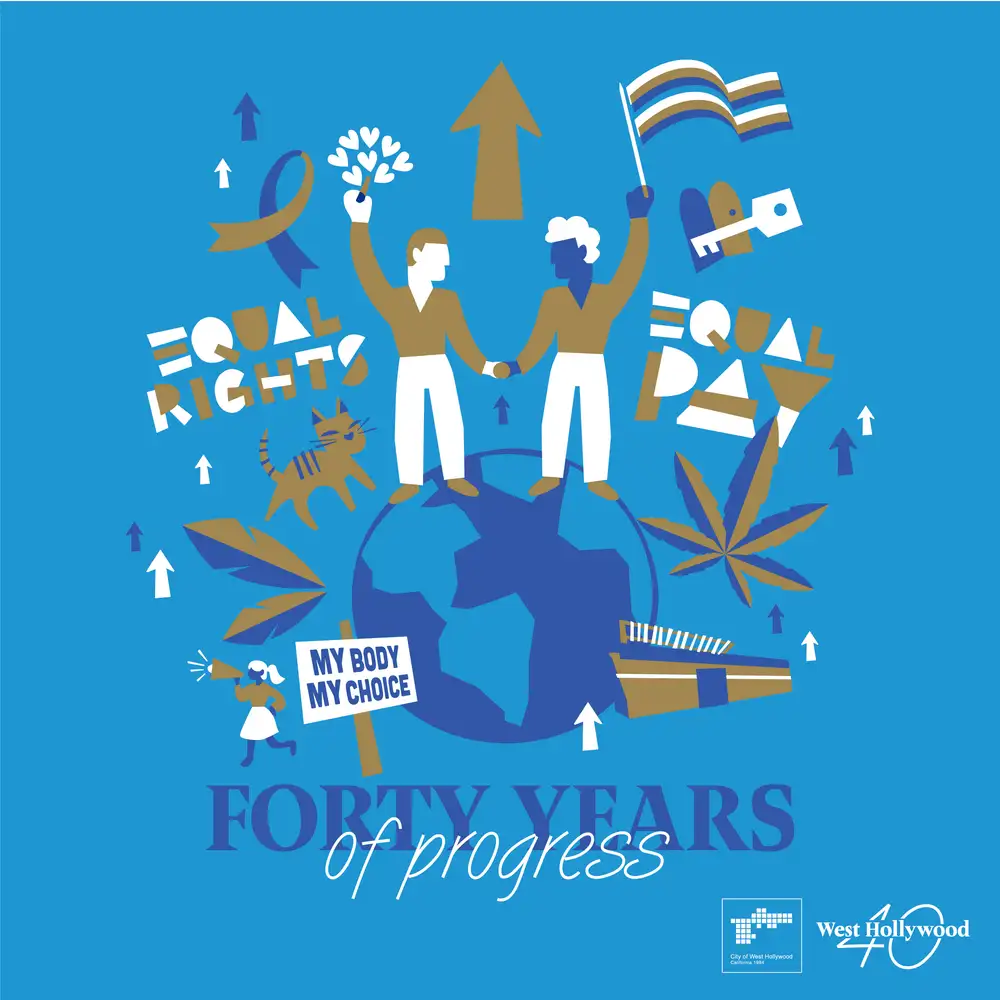
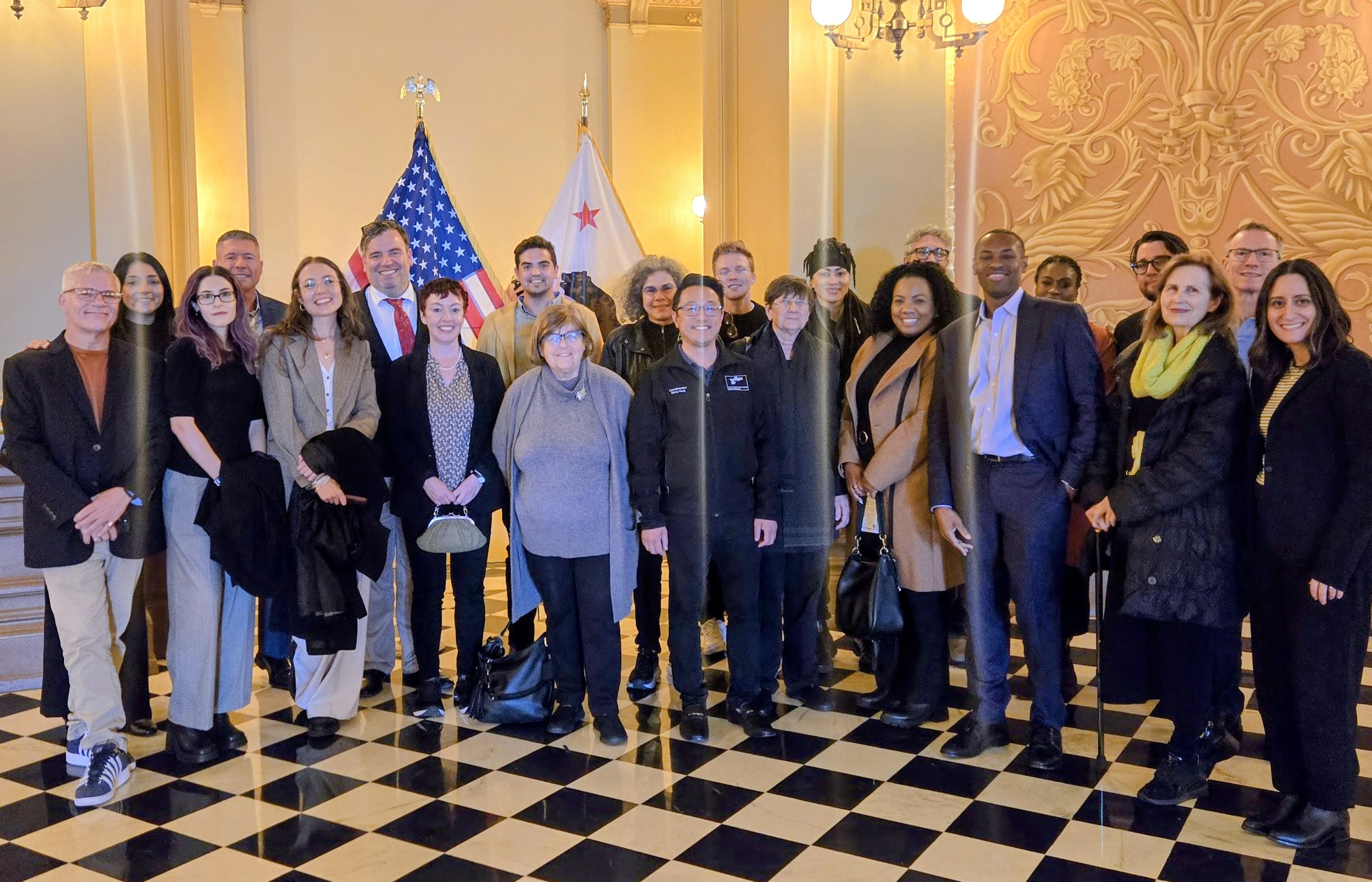
.png)
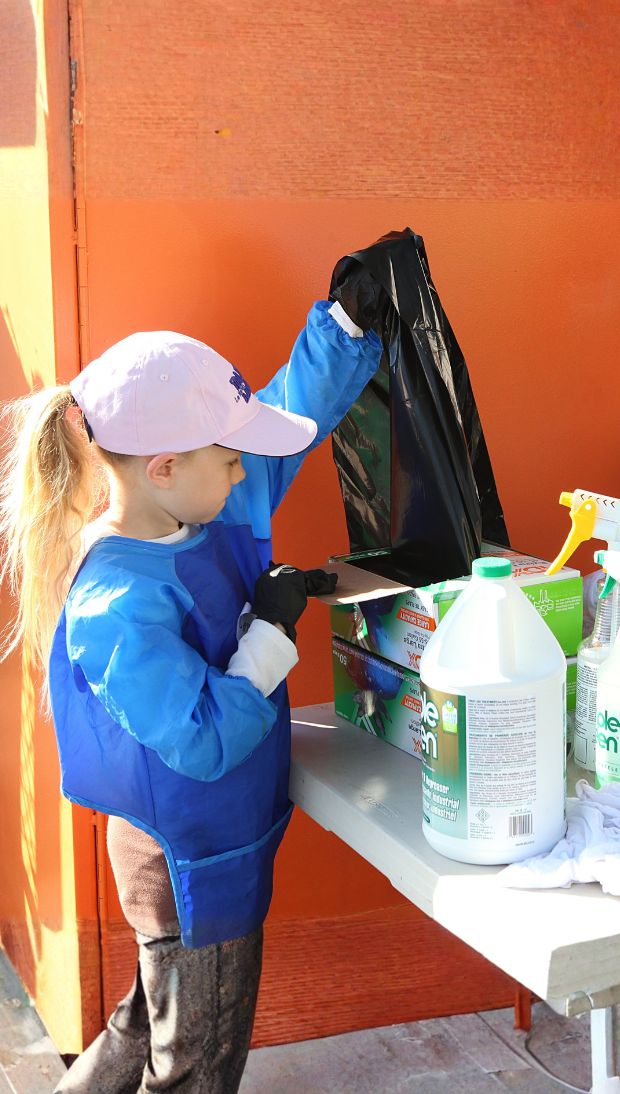
.webp)
.webp)
.webp)
.webp)
.webp)
.webp)
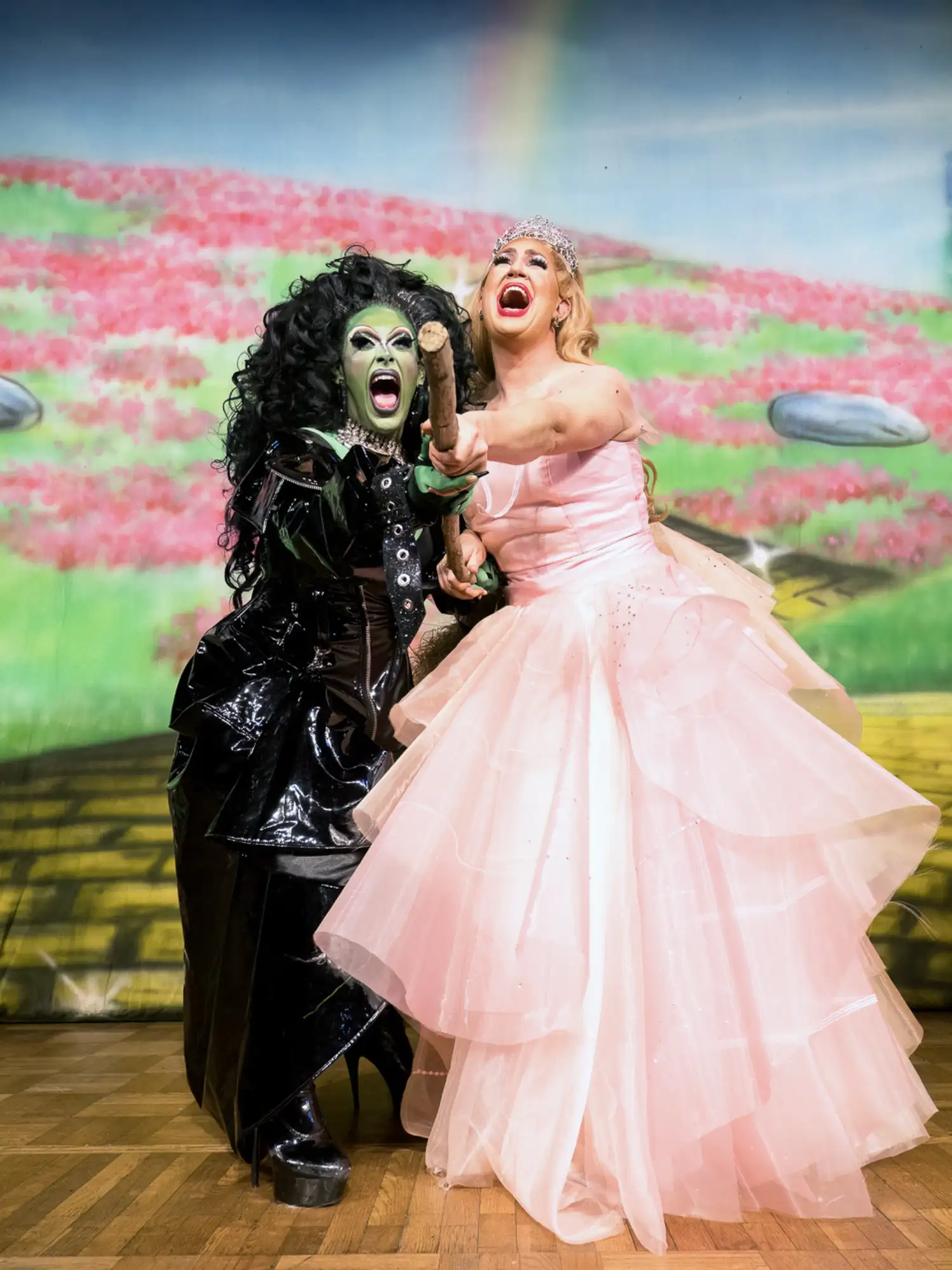
.webp)
.webp)
.jpg)
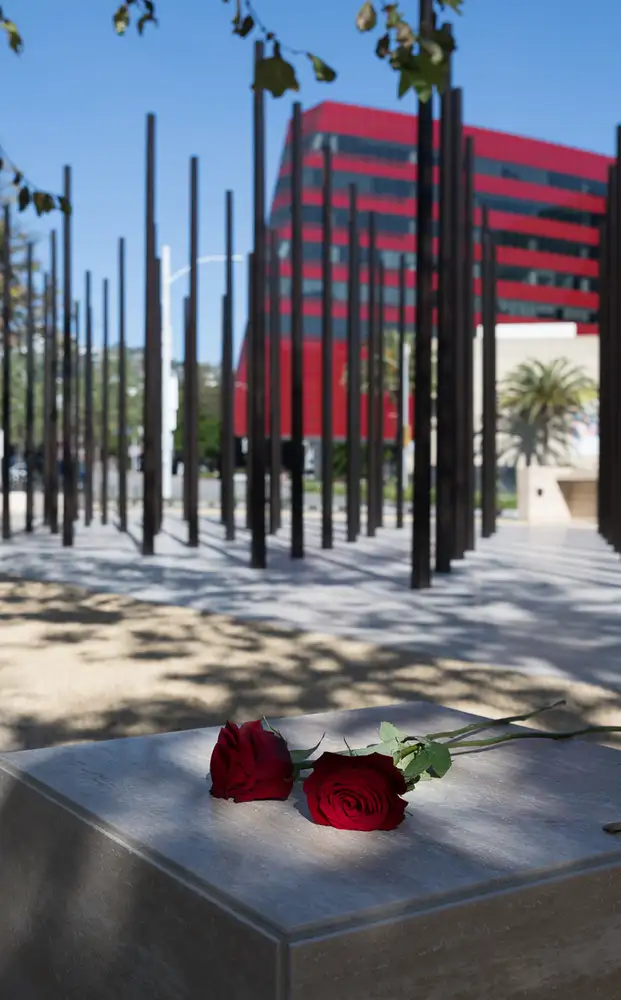
.webp)
.webp)



.webp)
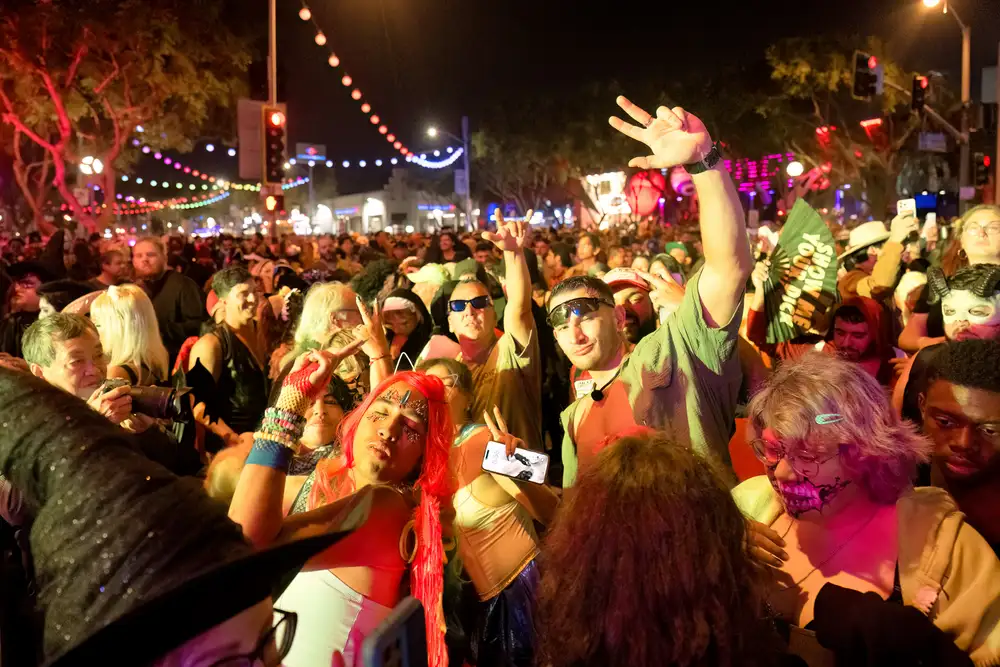
.webp)
%20(1).webp)

.webp)
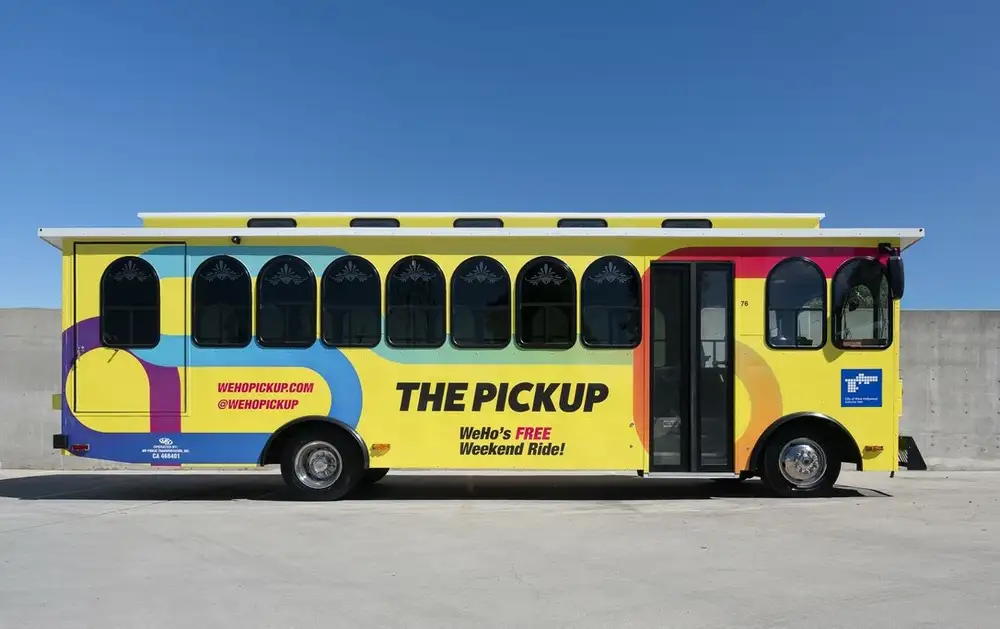
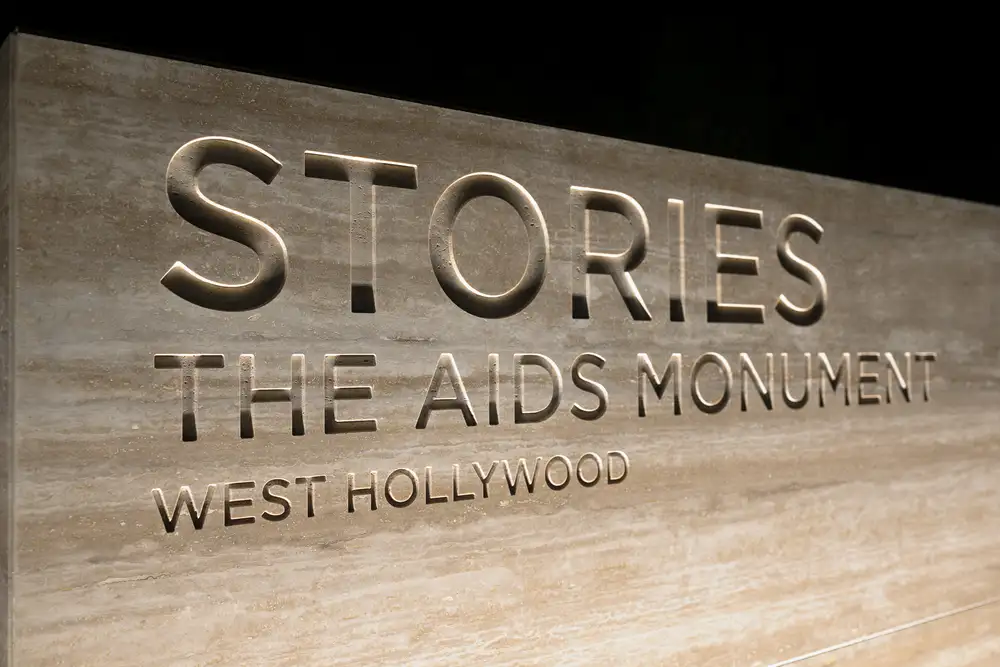
.webp)
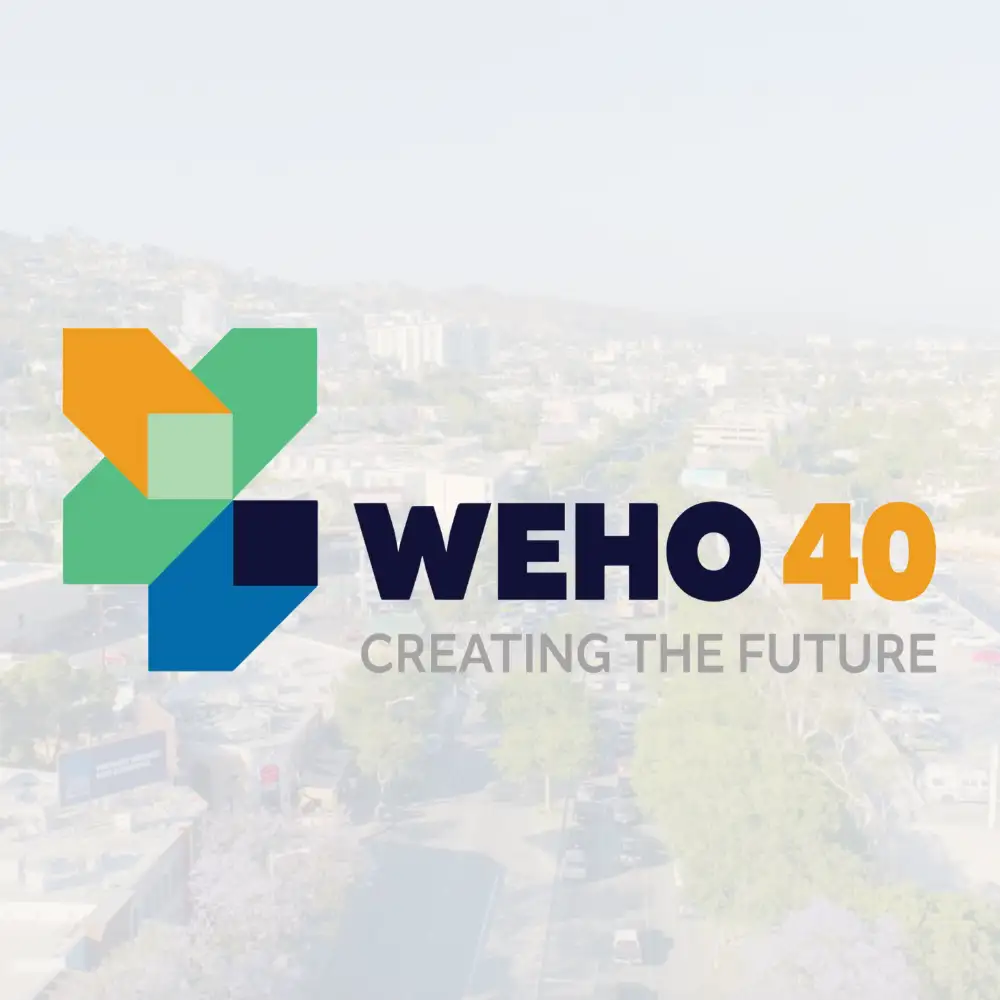

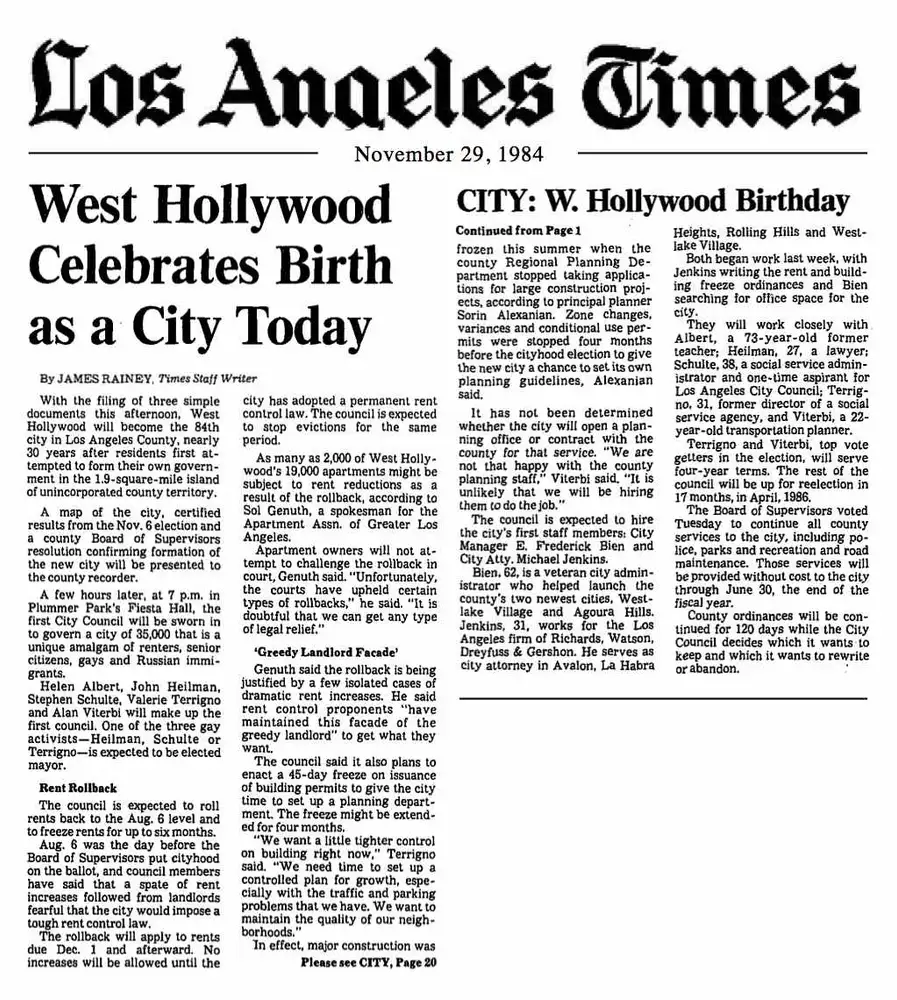
.webp)
.webp)


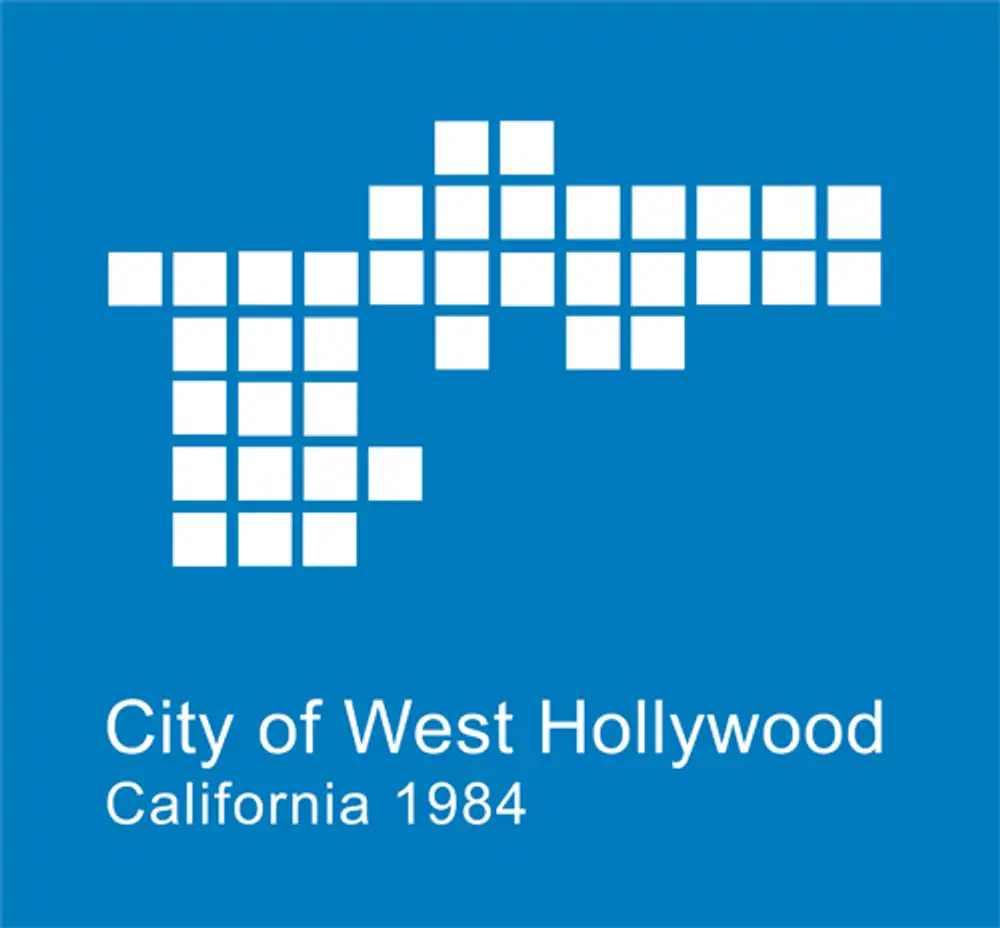
.png)

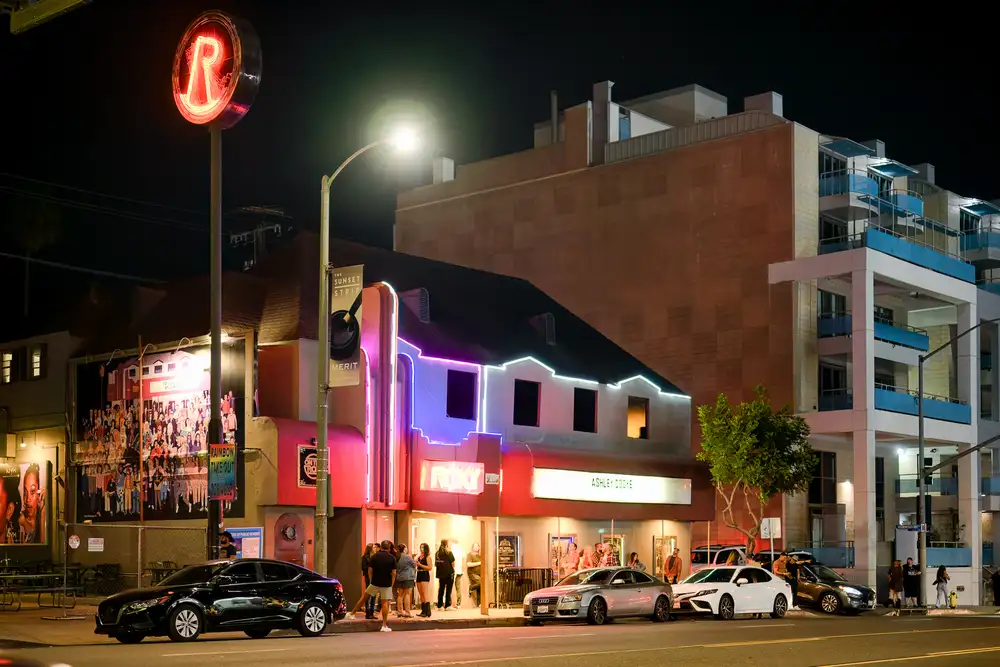
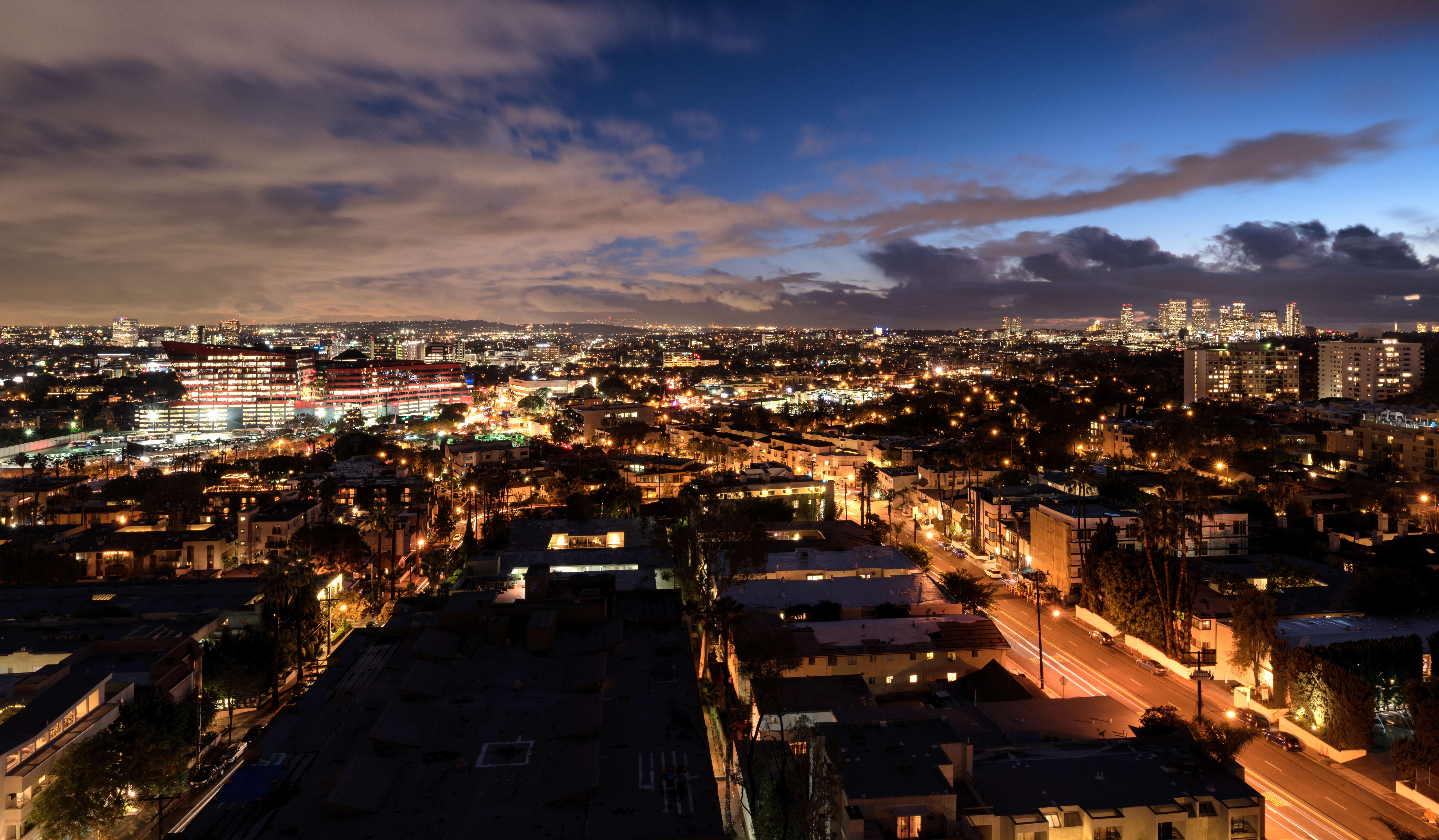
.webp)